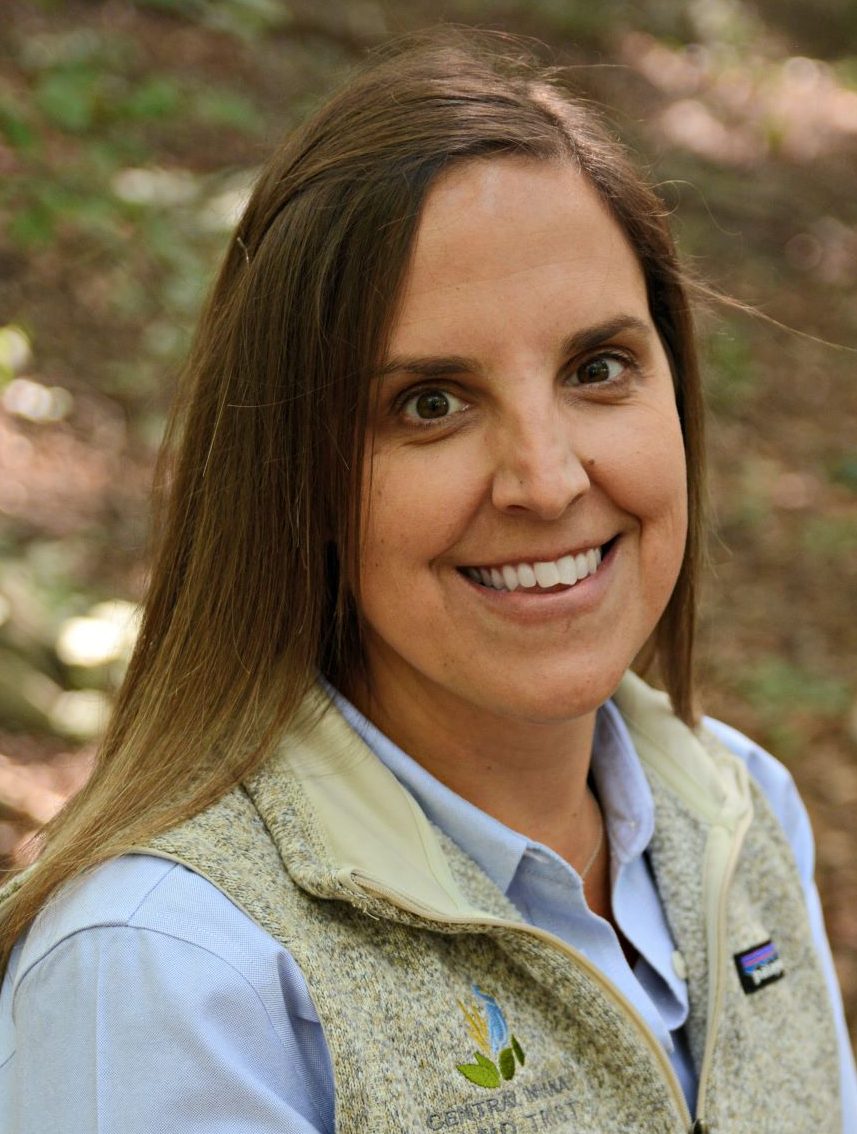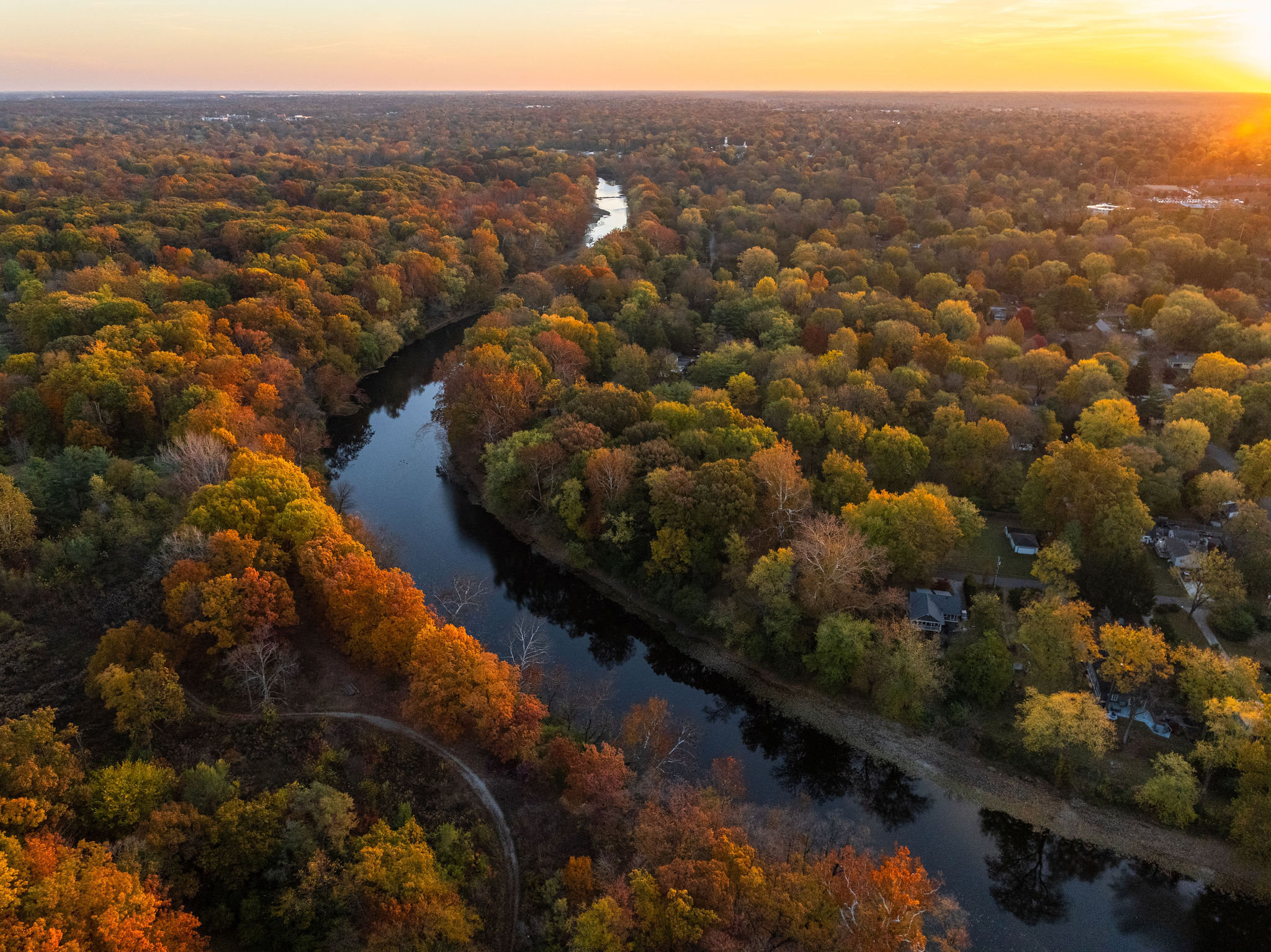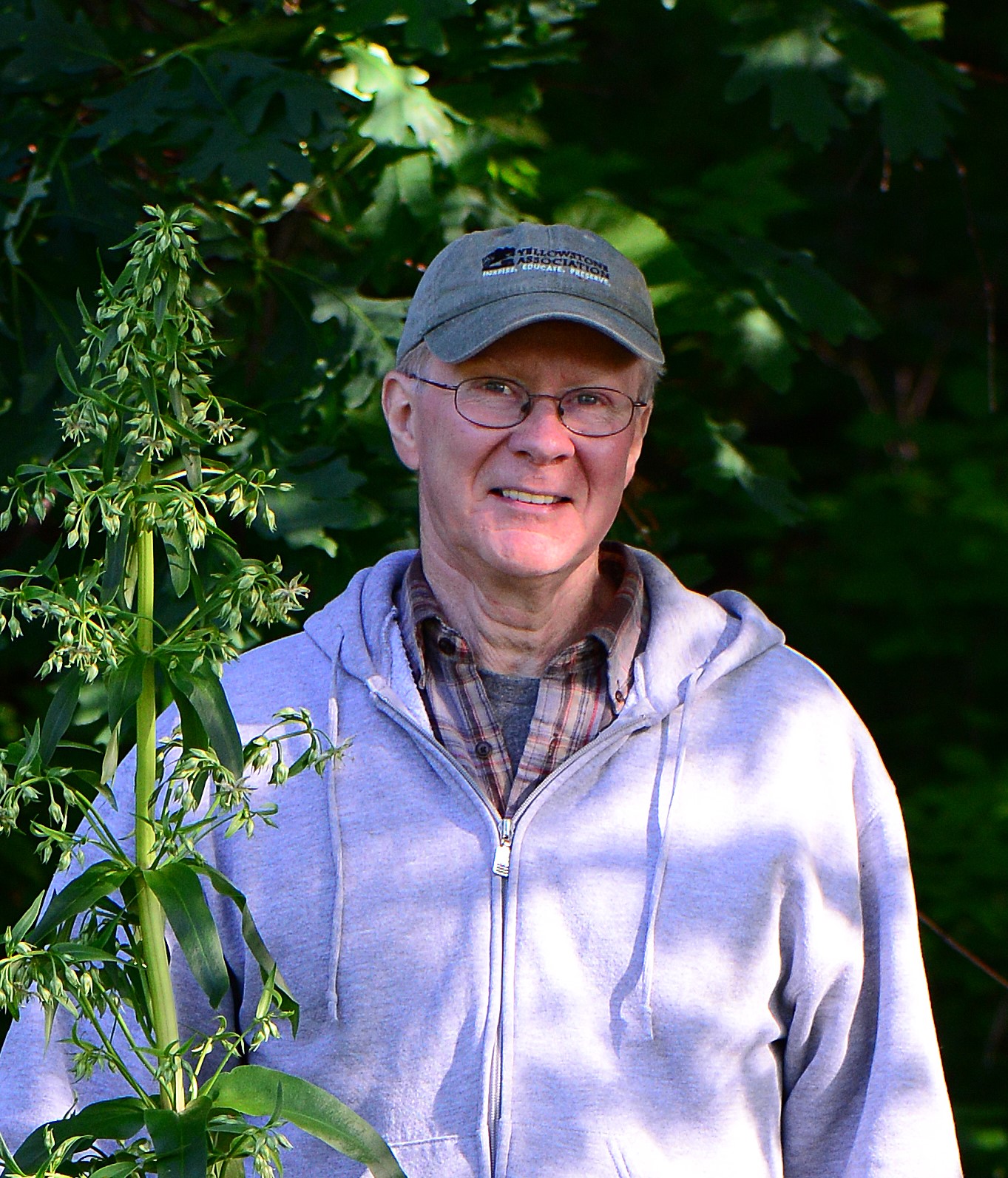
Book Photo 3 crop2
Max reading The Serviceberry with his cat, Puppy
Max’s Book Rec: The Serviceberry: Abundance and Reciprocity in the Natural World
Written By: Max Gerke
Date Published: February 13, 2025
Max Gerke
Part 6 of our winter “Staff Picks” series
When I was asked to write a book review, I had to pause and take a moment to think about which book would be good for me to read right now. I tend to choose informational, textbook-like screeds that are always super interesting, but can be difficult to read. Then I was gifted this little treat of a book by Robin Wall Kimmerer. It’s lighthearted, yet introspective, and just over 100 pages of easy text.
One indicator of a good book to me is whether I am compelled to continue reading regardless of my energy level. I found this to be the case with The Serviceberry—even as I was being challenged to rethink my patterns of consumption and the relationships around me. Robin Wall Kimmerer proposes the concept of a “Gift Economy,” which may sound off-the-wall (pun intended), but when put into perspective, really feels like commonsense behavior.
The book is centered around one question: What if we viewed the items we consumed as gifts instead of rights or merely transactions? For example, shifting from the convention of, “we have rights to this land use” to “we have responsibilities to respect and protect the offerings of this land.”
This is quite a seismic shift in the way we have been taught to think about our consumption, but it is never more critical than now.
The author had me reevaluating how I was interacting with my world, our world. What if we measured our “wealth” in terms of gifts we offered to our friends, family, and strangers—gifts that nurtured our relationships with each other and, in turn, our own spirits.
It reminds me about stories of random acts of kindness that are warming and spark hope and joy in us. The gift economy is about trying to live this mindset day to day.
To take a quote from the book, “In a serviceberry economy, I accept the gift from the tree and then spread that gift around, with a dish of berries to my neighbor, who makes a pie to share with his friend, who feels so wealthy in food and friendship that he volunteers at the food pantry.”
This is very different from the purely transactional relationship where I buy berries from a store clerk, and our relationship ends.
As Kimmerer notes, through these gift actions we are redistributing our abundance. The flow of “wealth” continues, lifting everyone involved. Imagine if we all felt so wealthy in friendship that every interaction we had was imbued with a deeper sense of connection. How much better could we all be?
All flourishing is mutual.

Ben Valentine
Guest Blogger
Ben Valentine is a founding member of the Friends of Marott Woods Nature Preserve and is active in several other conservation organizations. He leads a series of NUVO interviews with Indiana's environmental leaders, and he cherishes showing his son all the wonders of nature he grew up loving.

DJ Connors
Guest Blogger
DJ Connors, a Central Indiana native and late-to-life hunter, combines a lifelong appreciation for wildlife and the outdoors with a deep passion for exploring the natural beauty of the area he has called home for most of his life. As a husband and father of three, he is committed to ensuring his children have the same opportunities to connect with nature and appreciate the outdoors in their community. DJ’s unique journey into hunting emphasizes sustainability, responsible stewardship, and the importance of preserving these experiences for future generations.

Bridget Walls
Guest Blogger
Bridget is our first ever Communications and Outreach Intern. She is a graduate of Marian University, where she combined English, studio art, and environmental sciences in her degree studies. As treasurer for Just Earth, the university's environmental club, she helped plan events encouraging a responsible relationship between people, nature, and animals.

Jordan England
Guest Blogger
Jordan England is a lifelong Shelby County resident who graduated from Waldron Jr. Sr. High School (just a few miles from Meltzer Woods!). After earning her B.S. degree in Retail Management from Purdue University, she returned to Waldron to start a family with her husband, Brian. Together they have 3 young children and enjoy sharing with them their love of the community. Jordan is the Grants and Nonprofit Relations Director at Blue River Community Foundation, managing BRCF’s grant program, providing support to local nonprofits, and promoting catalytic philanthropy in Shelby County.

Cliff Chapman
President and CEO
As CILTI’s President and CEO, Cliff keeps CILTI’s focus on good science and stewardship. He’s mindful that the natural places you love took thousands of years to evolve and could be destroyed in a single day, and that knowledge drives his dedication to their protection.

Stacy Cachules
Chief Operating Officer
Among her many key duties as Assistant Director, Stacy has the critical task of tracking our budget, making sure we channel donations for maximum efficiency. When her workday’s done, Stacy loves to spend time with her two young boys—and when not traveling, she’s likely planning the next travel adventure.

Ryan Fuhrmann
Vice Chair
Ryan C. Fuhrmann, CFA, is President and founder of Fuhrmann Capital LLC, an Indiana-based investment management firm focused on portfolio management. Ryan’s interest in land conservation centers around a desire to help preserve natural habitats for wildlife and the subsequent benefits it brings to people and the environment.

Joanna Nixon
Board Member
Joanna Nixon is the owner of Nixon Consulting, an Indianapolis-based strategy and project management firm focused on the nonprofit sector. She currently serves as the Philanthropic Advisor for the Efroymson Family Fund. Prior to opening her consulting practice in 2000, Joanna was vice-president for grantmaking at Central Indiana Community Foundation (CICF). Joanna has more than 25 years of experience in the nonprofit and arts and culture sector. She is passionate about the environment and loves bringing big ideas to life and creating high-quality arts and culture programs and experiences. Joanna enjoys outdoor adventures, including competing in fitness obstacle course races and hiking with her high energy Australian Cattle Dog, Jackson.

Karen Wade
Board Member
Before retiring, CILTI board member Karen Wade worked for Eli Lilly & Co. In retirement she volunteers for a number of organizations, including the Indiana Master Naturalist program, Johnson County Native Plant Partnership CISMA, Meadowstone Therapeutic Riding Center, and Leadership Johnson County.

David Barickman
Development Systems Manager
Born and raised in Central Illinois, David spent many days as a child wandering around the river, forest and lakes there. He works behind the scenes as a key member of our fundraising team. When not working, David loves to be outdoors hiking, fly fishing, kayaking or woodworking.

Jamison Hutchins
Stewardship Director
Jamison leads our stewardship team in caring for the land that is so important to you. He comes to our team after eight years as Bicycle and Pedestrian Coordinator for the city of Indianapolis, where his work had a positive impact from both health and environmental perspectives.

Jen Schmits Thomas
Media Relations
An award-winning communicator and recognized leader in Central Indiana’s public relations community, Jen helps us tell our story in the media. She is the founder of JTPR, which she and her husband John Thomas own together. She is accredited in public relations (APR) from the Public Relations Society of America, and loves to camp and hike in perfect weather conditions.

Shawndra Miller
Communications Director
Shawndra’s earliest writing projects centered around the natural world, starting when a bird inspired her to write her first “book” in elementary school. Now she is in charge of sharing our story and connecting you to our work. Through our print and online materials, she hopes to inspire your participation in protecting special places for future generations.

Phillip Weldy
Stewardship Specialist
Phillip enjoys nature’s wonders from an up-close-and-personal perspective as he works to restore the natural places you love. As an AmeriCorps member in Asheville, NC, he had his first full immersion in relatively undisturbed land while reconstructing wilderness trails in National Parks and National Forests.


December 11, 2025
Brown County is beloved for its vistas of iconic Southern Indiana hills. Now the forests under protection in the county include another 89 acres. That’s all thanks to our members’ generosity!
Betley Woods,Blossom Hollow,Callon Hollow,Newsroom,Properties


December 9, 2025
Board member Ryan C. Fuhrmann, CFA, is President and founder of Fuhrmann Capital LLC, an Indiana-based investment management firm. As our incoming board chair, Ryan brings a strong desire to preserve natural habitats for wildlife. We asked him to share his perspective on making gifts of stock to the [...]
Newsroom


December 2, 2025
Our board member, John Bacone, reflects on conserving key natural areas. He led the Department of Natural Resources Division of Nature Preserves for over four decades. Years ago, when I was working in the Indiana DNR Division of Nature Preserves (DNP), I asked Bob Waltz, the State Entomologist, how [...]
Betley Woods,Blossom Hollow,Homepage,Meltzer Woods,Newsroom,Properties,Stewardship




























